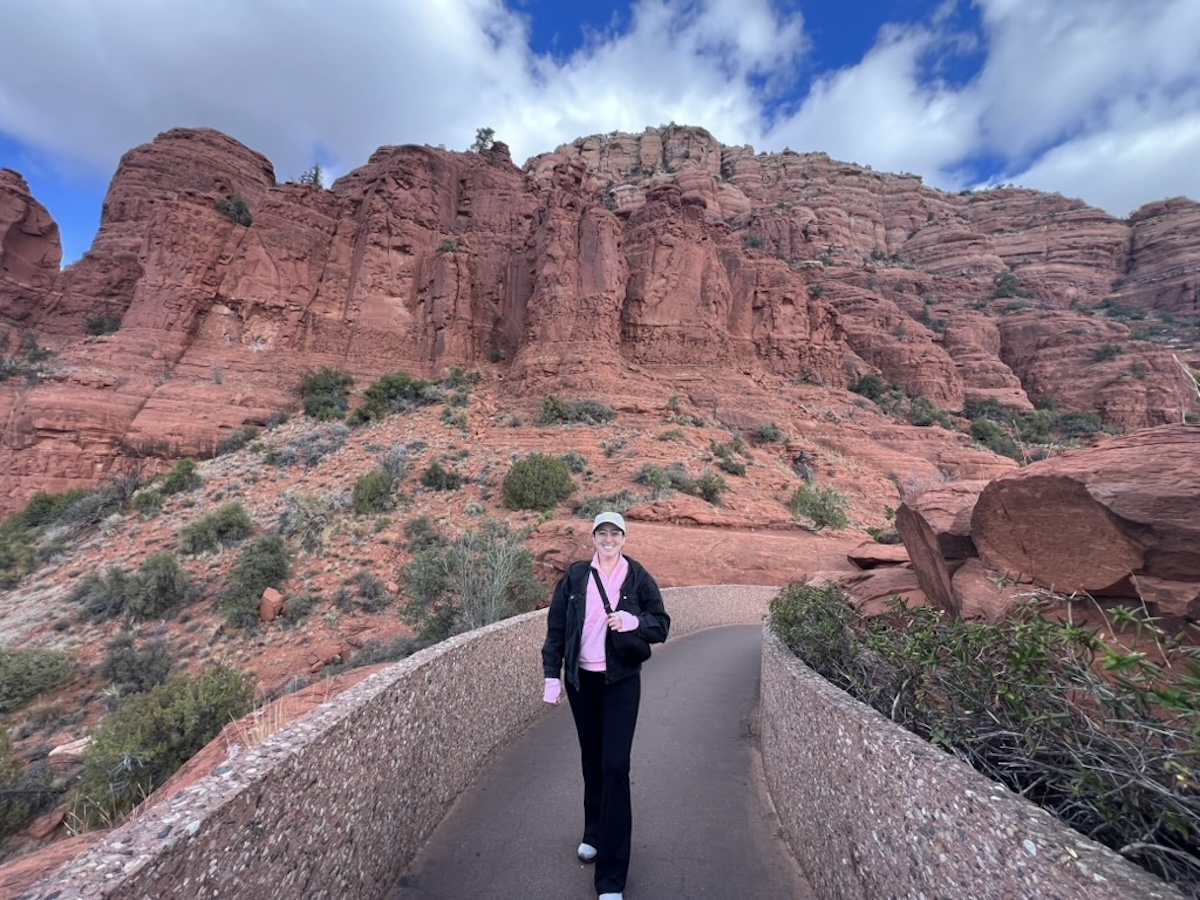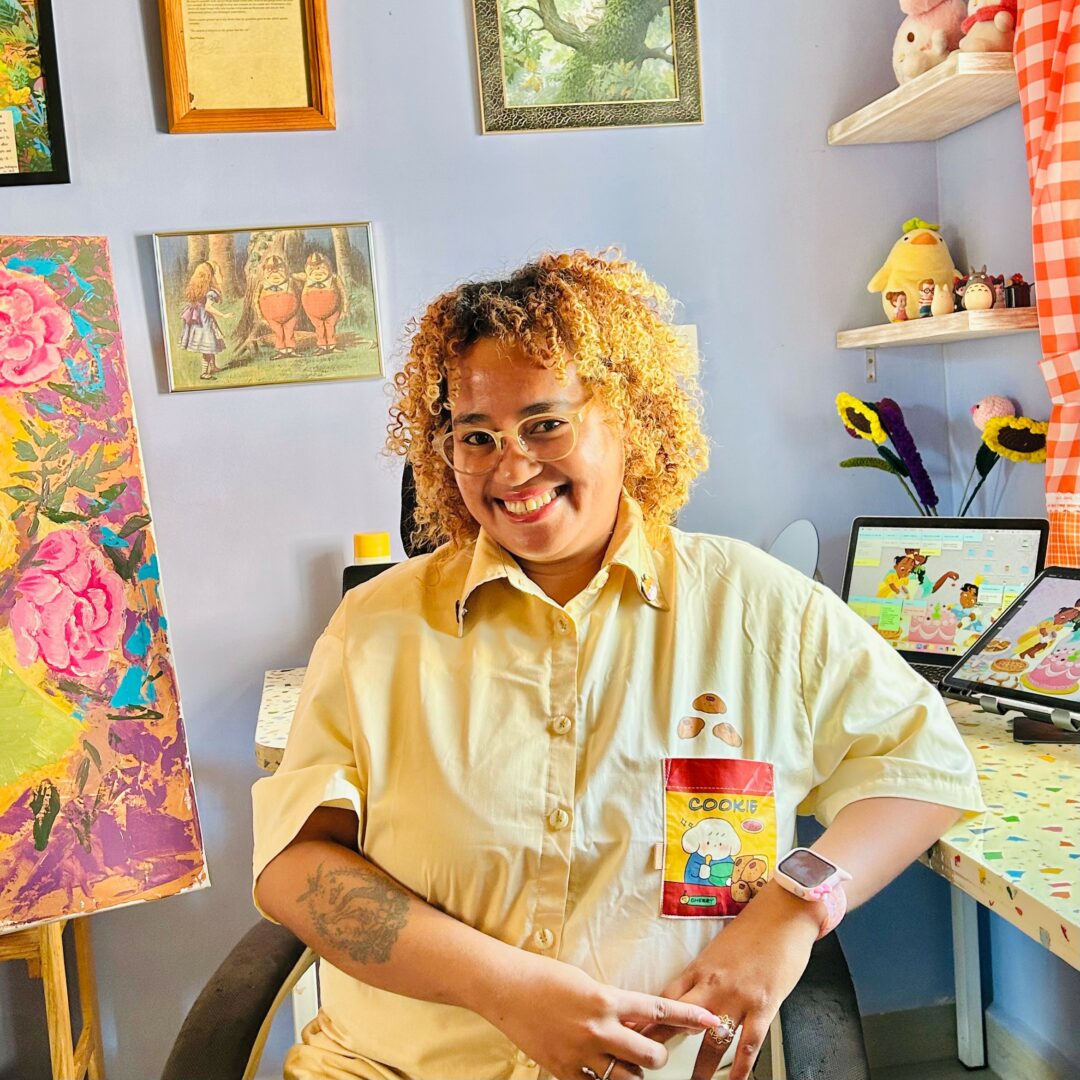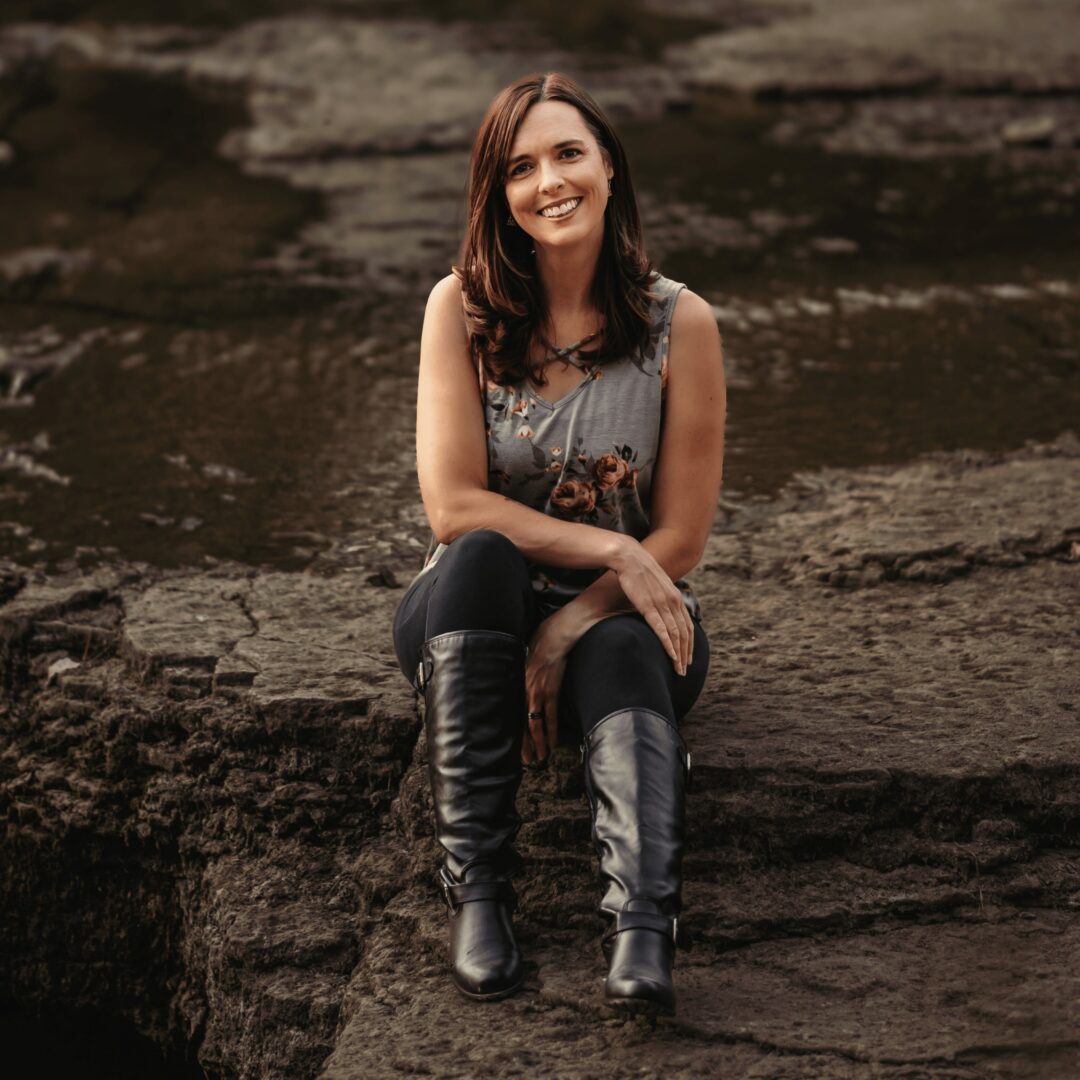Alright – so today we’ve got the honor of introducing you to Lisa Sugarman. We think you’ll enjoy our conversation, we’ve shared it below.
Lisa, so good to have you with us today. We’ve always been impressed with folks who have a very clear sense of purpose and so maybe we can jump right in and talk about how you found your purpose?
In the summer of 1978, two weeks after my 10th birthday, I lost my father to a massive heart attack. He was my person. My hero. My best friend, and he was gone. And I would never be the same.
What I didn’t know, and what I wouldn’t discover for another 35 years, was that the narrative I’d been told about my father’s death was a lie.
Because it was shortly after my 45th birthday that I learned the truth that my father had taken his own life. And that truth blew me apart. It also meant I had to grieve my father’s death again, for the second time in my life.
So, with a new identity as a survivor of suicide loss, I began putting the pieces of my life back together, learning to navigate a very different and very nuanced kind of grief and loss. And it was during this period when my new life’s purpose revealed itself.
I knew, without hesitation, that I was emerging from this new grief journey as a mental health advocate.
Slowly, with intention, and unapologetically, I started sharing that my father had died by suicide. And I recognized almost immediately that my vulnerability about my father’s suicide was giving other people permission to share their own stories. And the same vulnerability was allowing me to heal.
I rededicated my life to creating content that helps end the stigma around suicide and changes the narrative on mental illness.
And over the last several years, I’ve turned my pain into purpose by working a crisis counselor with The Trevor Project, the country’s largest suicide and crisis support network for at-risk LGBTQ+ youth, a storyteller with the National Alliance on Mental Illness (NAMI), and a survivors of suicide loss grief group facilitator with Samaritans.
Now, my purpose is to share my survivor story and spark conversations to help end the stigma of suicide and connect people with the support and resources they need to find hope.

Appreciate the insights and wisdom. Before we dig deeper and ask you about the skills that matter and more, maybe you can tell our readers about yourself?
As a 3x survivor of suicide loss, losing my father, my cousin and a close childhood friend to mental illness, the focus of my work and the content I create is designed to help change the narrative around suicide and mental illness. And I do that through a variety of ways, including storytelling, articles, columns, podcast interviews, my YouTube channel, and mental health advocacy.
My mission is to help others see the power of vulnerability and find the help, support, and resources they need to help navigate whatever mental health challenges they might face. Because when we allow ourselves to be vulnerable by talking openly about our losses and fears and challenges, our walls come down and we begin to trust each other. And that’s when the real healing begins.
One of the most powerful ways I’m trying to impact the lives of people who are struggling is by curating one of the largest and most inclusive Mental Health Resources Hub on the internet. I’ve curated a free, up-to-date directory of vetted mental health agencies, tools, crisis hotlines, and other useful resources to those in crisis navigate whatever challenge they’re facing in the moment. And because we all need a slightly different kind of help depending on who we are and where we come from, you’ll find:
• AAPI Resources
• BIPOC Resources
• Canadian Resources
• Children & Teen Resources
• Crisis Resources
• International Resources
• Online Health Resources
• Elderly Resources
• Latinx Resources
• People with Disabilities Resources
• Government Resources
• LGBTQ+ Resources
• Suicide & Mental Health Resources
• Grief & Loss Resources
• Mindfulness Resources
• Veterans Resources
I also host The Suicide Survivor Series on YouTube, a collection of short and powerful videos sharing my personal experience as a suicide loss survivor. I’m also the author of We Are Who We Are, my syndicated opinion column dedicated to normalizing conversations about mental illness, grief, loss, and suicide and our overall mental health and wellbeing. And my fourth book, a memoir about losing my father twice in the same lifetime, is due out in 2026.

There is so much advice out there about all the different skills and qualities folks need to develop in order to succeed in today’s highly competitive environment and often it can feel overwhelming. So, if we had to break it down to just the three that matter most, which three skills or qualities would you focus on?
Looking back, I can say with confidence, that the three areas of knowledge and skills that have been the most impactful in my journey as a mental health advocate are: my lived experience as a 3x survivor of suicide loss, my vulnerability, and my skill as a storyteller.
As for advice for folks who are early on in their grief journey or who are struggling with their mental health, my best advice for how to navigate your journey is to meet yourself exactly where you are in the moment. In other words, don’t be afraid to sit in your grief if you’re grieving or to reach out to someone you trust or to the 988 Crisis & Suicide Lifeline if you’re in crisis.

Before we go, any advice you can share with people who are feeling overwhelmed?
When I’m feeling particularly overwhelmed or out of sorts, I go straight to my journal as a way of processing and offloading whatever heaviness I’m feeling.
Journaling has always been my go-to selfcare practice because I find it an especially effective place for self-reflection, emotional processing, and stress release. I also lean heavily into my journaling practice because that opportunity for self-reflection helps me look at issues or stressors from different perspectives which usually leads to greater clarity and new insights. Writing down my thoughts and emotions also helps me to identify thought patterns and behaviors that I may have otherwise overlooked and that can often lead to positive changes.
Regular journaling also helps me to practice mindfulness because it anchors me in the present moment which helps to reduce the amount of time I spend thinking about the past or anticipating the future.
Contact Info:
- Website: https://www.lisasugarman.com
- Instagram: https://www.instagram.com/lisa_sugarman
- Facebook: https://www.facebook.com/thelisasugarman
- Linkedin: https://www.linkedin.com/in/lisa-sugarman-she-her-hers-16925b69/
- Twitter: https://www.twitter.com/thelisasugarman
- Youtube: https://www.youtube.com/@thelisasugarman
- Other:

so if you or someone you know deserves recognition please let us know here.




